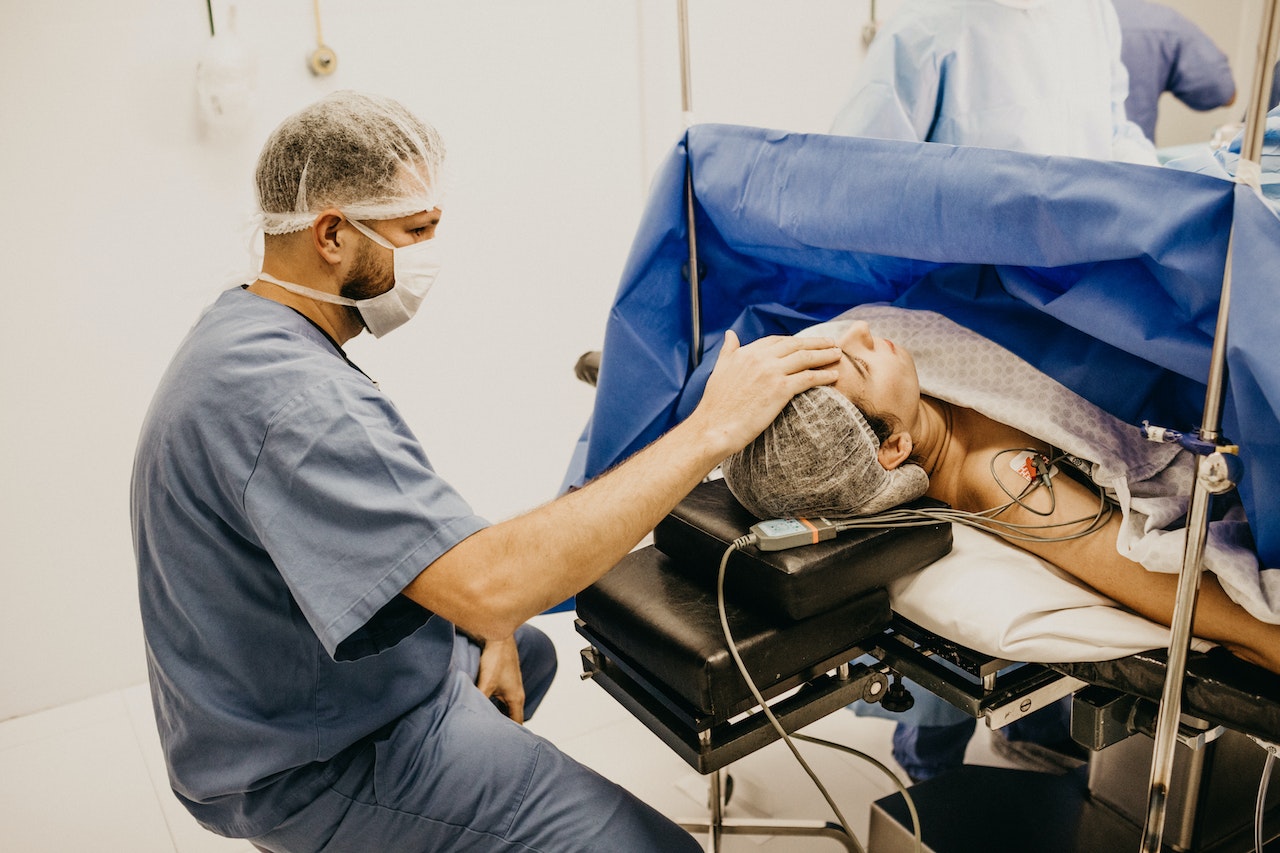
If you’re preparing for surgery, you’ve probably done a lot of research into the procedure you’re planning for: but what about anesthesia? Anesthesia is used to refer to any medication or medications that are used during a medical procedure to make you unconscious or insensate. They are a vital part of any surgery and many inpatient procedures. Learn what to expect before, during, and after a medical procedure involving anesthesia.
Before Your Procedure: Preparing for Anesthesia
In many cases you may meet with the anesthesiologist prior to your procedure, and in other cases, you can expect to discuss anesthesia with your surgeon during the pre-op stage. This is an opportunity for both you and your doctor to discuss the procedure. Anesthesia will affect your body differently depending on many factors, such as what medications you are on, how long you are under anesthesia, and how intensive the procedure is.
While you may feel like you’ve outlined your full medical history, it’s always good to discuss things that might affect how your body handles anesthesia. Make sure to mention to your doctor if you have any medical conditions or are taking any medications. In addition, read through your pre-op instructions carefully and ask your doctor if you have any questions. For example, if you typically take a daily medication first thing in the morning, but you aren’t eating or drinking prior to surgery, ask them if it’s permissible to take the pill with a single sip of water, or if there is an alternative. (And don’t skip medications without discussing with a doctor!)
Surgery Day: What to Know About Anesthesia
During surgery, the anesthesiologist will put you under, and then stay by your side monitoring your vital signs throughout the procedure. This ensures that you remain unconscious and healthy throughout the process, no matter what the procedure is or how fast your body metabolizes the medication.
After the procedure is complete, the anesthetic will stop being administered and you will be moved to a recovery room. Nurses will continue to monitor your vital signs for the following 30 minutes or so, as the anesthetic begins to wear off.
After Anesthesia: The Recovery Process
Most people find that they are groggy and disoriented when awakening from anesthesia: this is normal! Some people may try to get up and move around immediately—which is often not possible after a procedure—so don’t be surprised if you wake up to nurses trying to keep you in your hospital bed.
You may have other side effects from anesthesia. The most common are dry mouth, headache, and nausea and/or vomiting. In general, the effects of anesthesia subside quickly. Depending on your procedure, you may stay in the hospital overnight, or be released several hours after your procedure.
Preparation for After Your Procedure
If you were under anesthesia, you shouldn’t drive yourself home after the procedure; plan ahead of time to have a friend or family member drive you home. This can also be helpful in case there are any additional recovery instructions or materials that you receive after your procedure, as you are less likely to remember them clearly (most recovery information should be gone over with you well in advance of the procedure, but sometimes you might get “extras” from the nurses).
Once you’re home, follow your recovery instructions carefully, and keep out for side effects like dizziness. If you have any concerns about how anesthesia is affecting your recovery, don’t hesitate to call your doctor for guidance before your followup appointment.



0 Comments